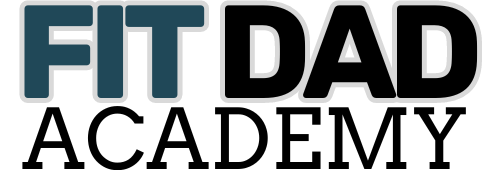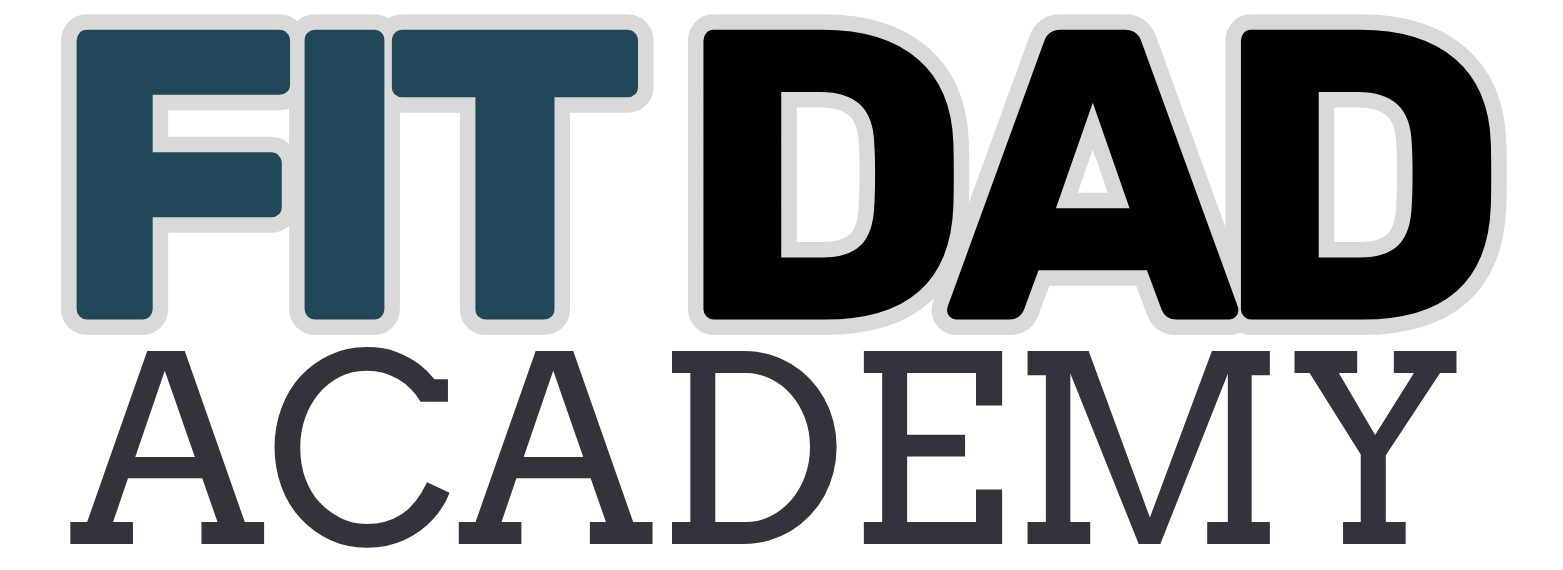The first three steps in this course are straightforward and effective for kicking off low sugar living.
Now, we’re turning the screw mate.
This lesson introduces something I swear by, but fair warning—it’s going to take a bit of planning and a shift in perspective.
You’ll be challenging some old nutrition habits and setting yourself up for a powerful change.
Here’s the goal: introduce a portion of protein into your first meal of the day.
By doing this, you’ll start to stabilise and balance the hormones that control hunger, energy, and cravings.
Protein and Your Hormones: Why Start the Day with Protein?
Adding protein to your first meal has a powerful impact on your body’s insulin response. {1}
When you eat food high in carbs or sugar, Insulin, released is from the pancreas.
Insulin's job is to move the sugar out of your blood to be used as energy.
To be used as energy straight away or it will be stored in your muscles cells as energy to use later on when you're chasing your kids around the house as soon as you mention bedtime.
But here’s where you’ve go to be careful mate: your muscle cells are like your fuel tank on your car, they can only hold so much stored energy from the food you eat.
When your muscles cells are full up of stored energy, and you eat another meal full of carbs or sugar, insulin takes that sugar from your blood straight to your fat cells, where it’s converted from sugar and stored as body fat in your gut, love handles or your chest.
The bad news; once sugar has been converted to fat in your fat cells mate, it stays put until you’re in a calorie deficit and need it for energy down the line.
It's your body's way of putting your extra calories into savings for a rainy day.
The really bad news; if you carry on overeating there it will stay forever more and all your body will continue to store more and more body fat.
Reminder: When sugar is stored as fat, this is the sugar-related fat gain we talked about in Chapter 2.
If you missed the article in Module 4, Chapter 2: Cutting Carbs Won’t Solve Your Weight Problems: The Truth About Carbs, Sugar and Fat Gain.
Then take 10 minutes of your life to catch up—it’ll put the spotlight on why you might be eating “healthy” but still struggling to lose fat.
Push the button below to catch up.
So what's my point?
If you’re starting the day with foods full of processed sugar —think breakfast cereals, cereal bars, floppy, fed up bread, jam, marmalade, croissants, pan au chocolate, or any of that nonsense from high street coffee shops—you’re triggering The Sugar Cycle From Hell right out of the gate.
This little habit will lead to energy crashes, cravings, overeating, and fat gain, all because you’re filling your body with sugar and UPF first thing in the morning.
Over time mate, these habits damage muscle cells, make it harder for your muscles to store sugar as energy, and the result, more sugar is taken the dust bins of your body, the fat cells to be stored as fat.
And here’s something to think about: fat cells have an almost unlimited capacity to store fat, and once they do get full up they reproduce and copy themselves. Now you've just double your ability to store body fat.
This little situation is called Adipogenesis that we had a look at in Module 4, Chapter 2 in the extra reading Cutting Carbs Won’t Solve Your Weight Problems: The Truth About Carbs, Sugar and Fat Gain.
If you’re fat cells reproduce, you’ve got more fat cells and more room to store fat for the rest of your life, and unless you have the fat cells sucked out in Turkey, whist you get your Turkey teeth done, they’re with your forever.
This my mate comes with an potential increased risk of health problems far more serious than a few extra pounds.

